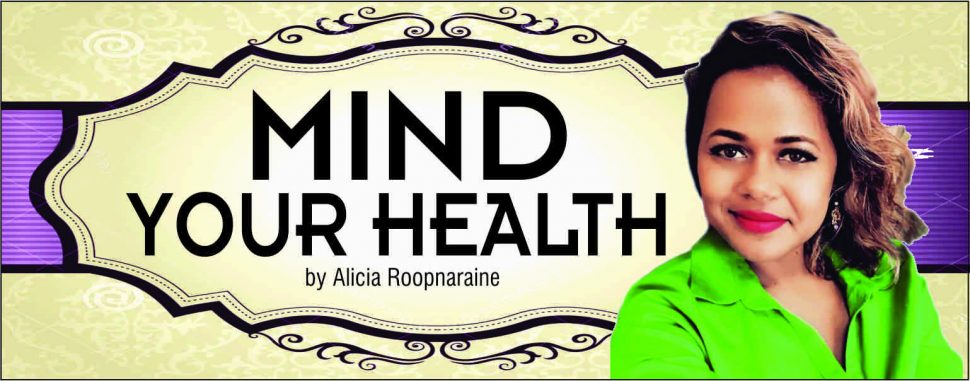It has been said that with a strong personal identity, we can withstand powerful storms.
First, let’s look at what identity is all about.
One’s identity goes far beyond our name and appearance. It involves one’s values, beliefs and character. Essentially, our identity is everything that makes us who we are, inside-out.
Identity encompasses political opinions, moral attitudes, and religious beliefs, all of which guide the choices one makes on a daily basis. Identity includes the many relationships people cultivate, such as their identity as a child, friend, partner, and parent. Identity also involves external characteristics over which a person has little or no control, such as height, race, or socioeconomic class.
Adolescents grapple with so many different aspects of identity, from choosing a career path to cultivating moral and political beliefs to becoming a friend or partner. Role confusion pertains to the inability to commit to one path.
Adolescents then go through a period of experimentation before committing, reconciling the pieces of their identity, and emerging into adulthood. Identity formation is most acute during adolescence, but the process doesn’t stop after the teen years. Taking on a new role, such as becoming a parent can make self-definition a lifelong process.
As a person grows older, the overall trend is toward identity achievement. But major life upheavals, such as divorce, retirement or the death of a loved one, often lead people to explore and redefine their identities.
Irrespective of what age group you fall into, there are things you can do to figure out your identity. Start by developing a sense of who you are and who you want to become (by this I mean doing a psychological examination of oneself). Analyze your strengths, your weaknesses and your convictions and a good way to start is by answering the following questions:
● Strengths: What talents and skills do I have? What are my strong points? What positive things do I do?
● Weaknesses: What aspects of my personality need the most work? When am I especially susceptible to temptation? In what areas could I exercise greater self-control?
● Convictions: What moral code do I follow and why? What actions do I consider to be unjust and why? What convictions do I hold about the future?
Remember, when we have a strong sense of identity, we are able to stand up for what we believe in.

